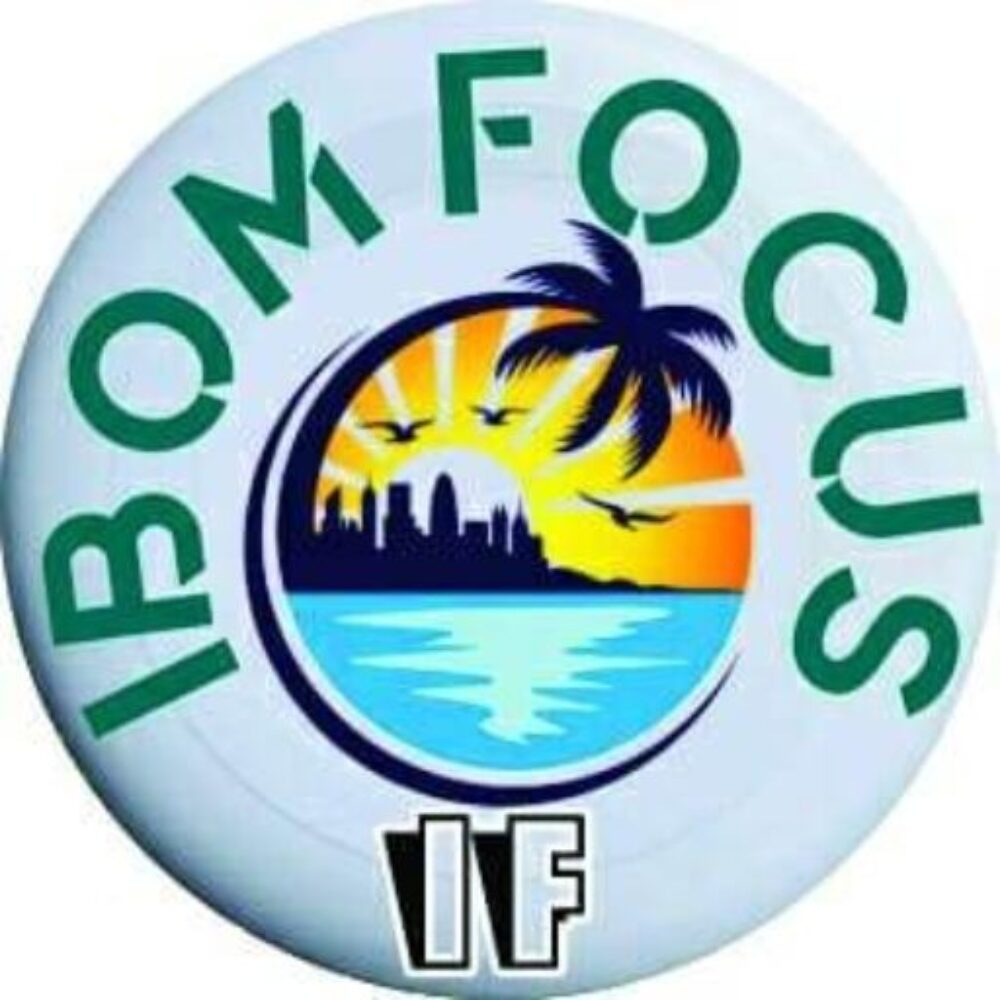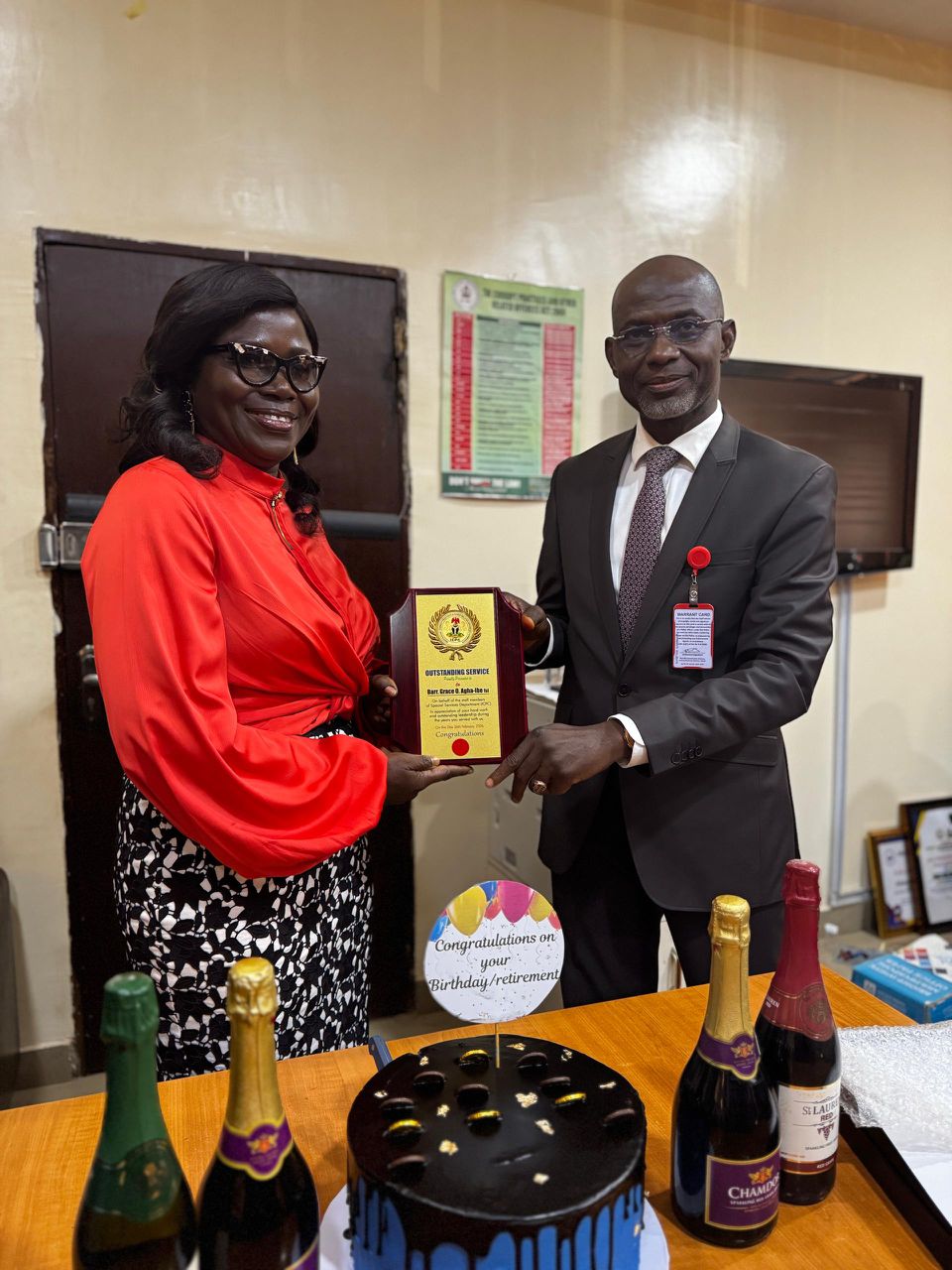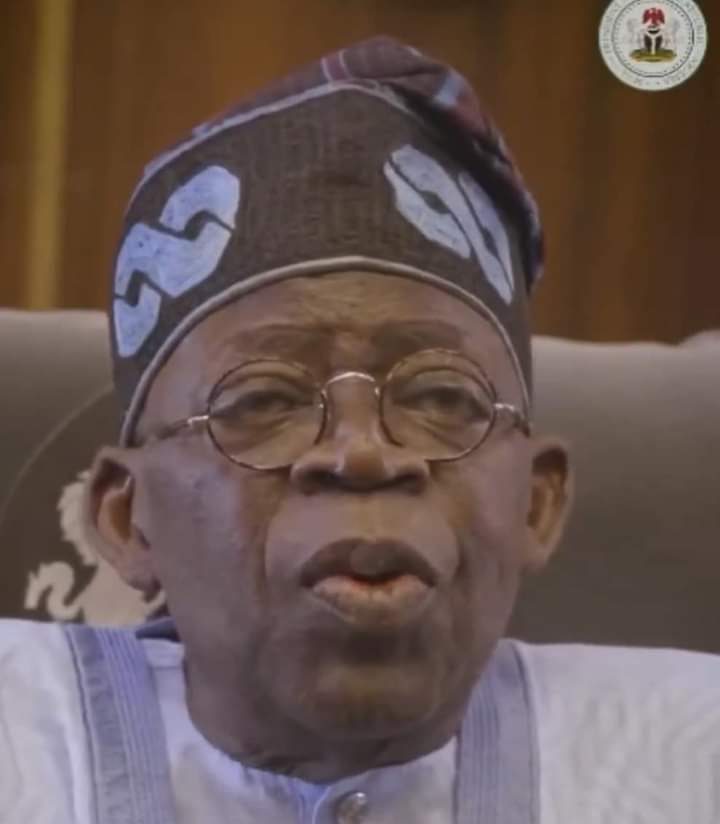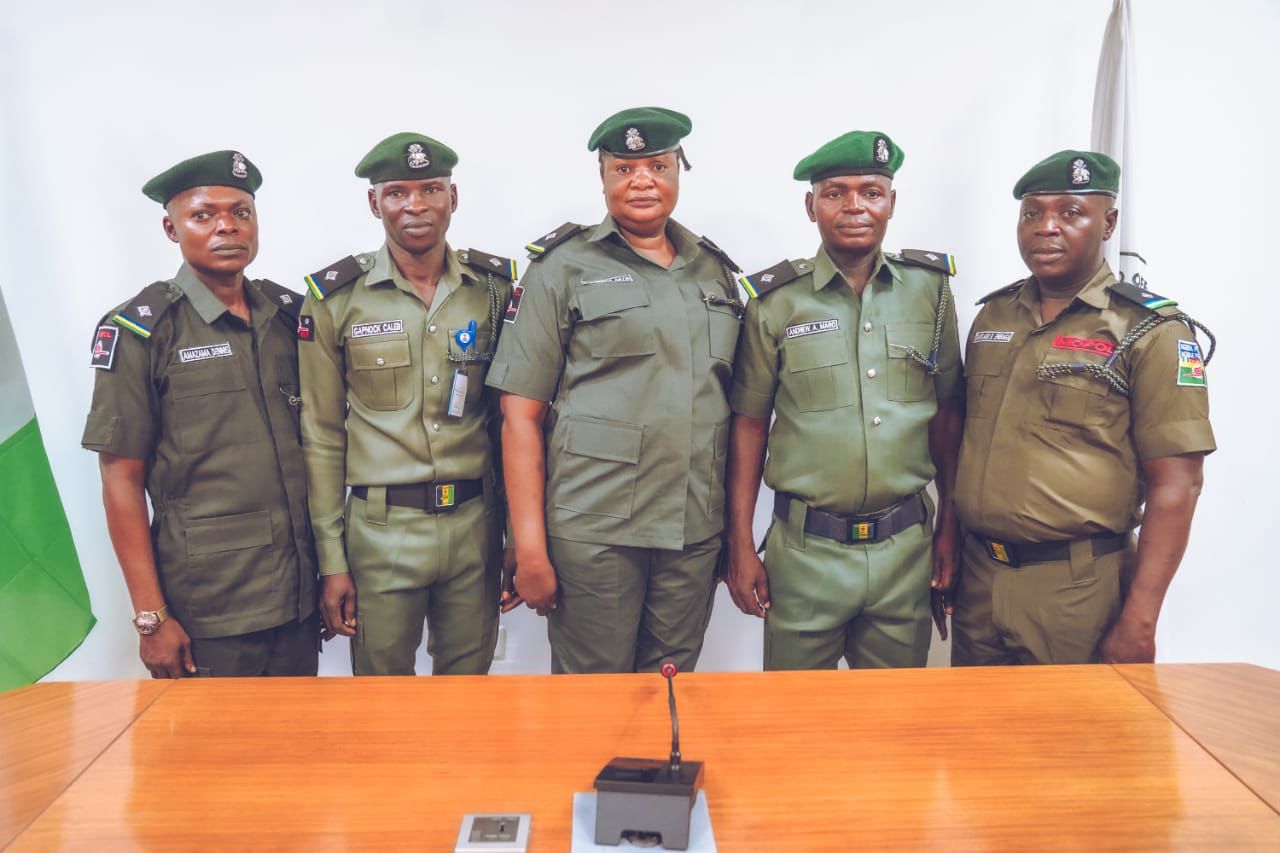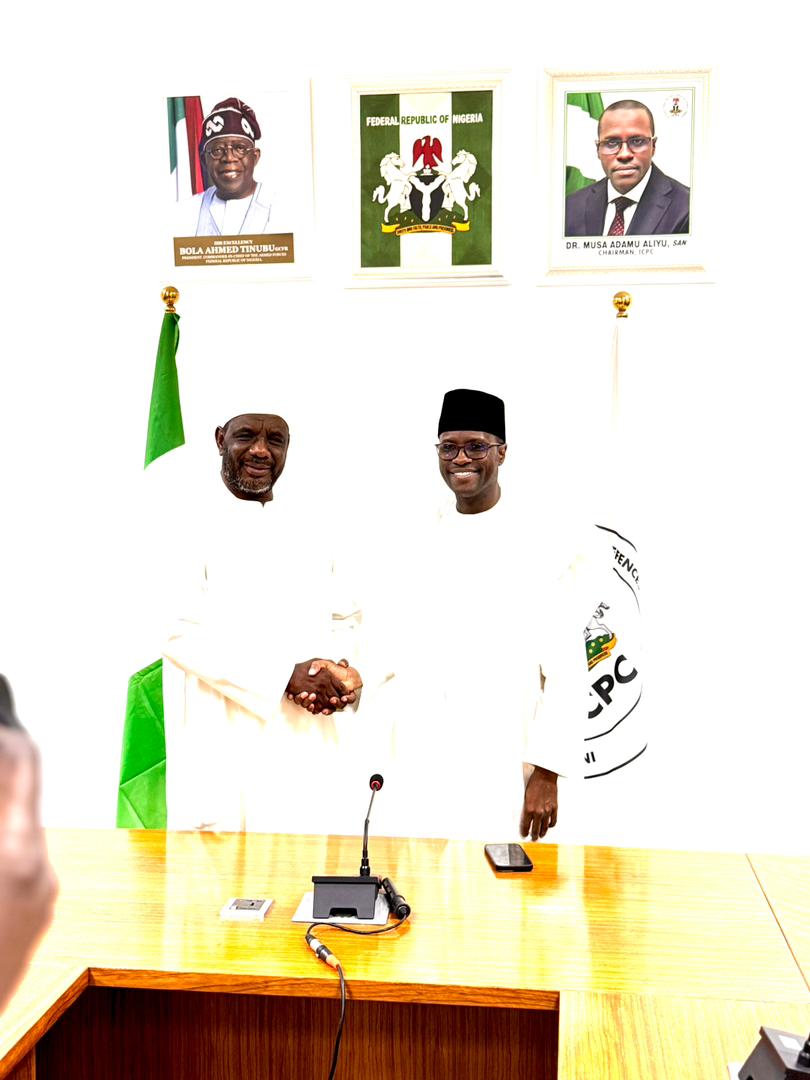
What Critics Of Rufai Oseni Don’t Know About Journalism, Farooq Kperogi
A viral, contentious dialogic confrontation between Arise TV’s Rufai Oseni and one Jesutega Onokpasa, identified as a lawyer and “APC chieftain,” on October 30 has once again centralized conversations about who a journalist is and what constitutes journalism, which I’d addressed in previous columns.
In the exchange, Oseni asked Onokpasa a legitimate, well-chosen question about the deleterious consequences of the removal of fuel subsidies on ordinary citizens and on the national economy. Onokpasa tried to prevaricate. He said Tinubu didn’t remove fuel subsidies. Buhari did before he left.
That’s technically true, but it was Tinubu’s recklessly precipitous and ill-advised announcement in his inaugural speech that subsidies were gone for good that sparked an instantaneous but totally unjustified spiraling of the cost of petrol, which also touched off a devastating hyperinflationary inferno that’s still consuming Nigeria.
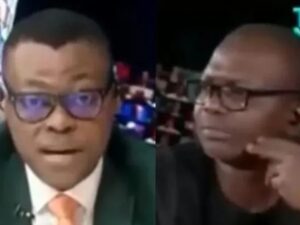
As any journalist invested in the pursuit of the truth should do, Oseni vigorously pushed back against Onokpasa’s equivocation. Unable to defend his position with the resources of evidence, logic, and reason, Onokpasa launched unprovoked ad hominem verbal assaults on Oseni.
He threatened to walk out of the interview, belittled Oseni as a “boy,” a “badly brought up little boy,” and then questioned Oseni’s professional journalistic credentials in order to delegitimize him and his uncomfortable questions.
“Listen, Rufai. This is not animal psychology,” he said in a fit of groundless gerontocratic and professional arrogance. “It is law. If you want to be a journalist, you can be a journalist, and you should learn the ropes ahead of you. You can never be my mate.”
Another APC chieftain by the name of Joe Igbokwe was reported to have said on Friday that he won’t rest until Oseni is fired from Arise TV. “He is not a Journalist. He has no training in journalism,” Igbokwe reportedly wrote on Facebook. “Now if Arise TV still wants Rufai they should send him to the Department of Mass Communication University of Lagos. Journalism is special [sic] profession. It demands tack, smooth and sound engagements, discipline, organization, common sense, commitment, civilization, respect for human dignity.”
The obsession with Oseni’s course of study at the university (some people said he studied animal science or zoology, a reason Onokpasa made the absurdly snarky remark about fuel subsidy removal not being “animal psychology”) and the attempt to delegitimize his journalistic credentials because of this betrays deep-rooted ignorance of journalism.
The practice of journalism preceded its formal study by centuries. The University of Missouri in the United States awarded the world’s first undergraduate degree in journalism in 1909. But there had been journalists and journalism in the world centuries before 1909. So, to say someone isn’t a journalist because they have no formal certification in journalism is actually stupid.
Although journalism is now formally studied all over the world, it has resisted licensing to regulate entry into and exit from it in keeping with the openness that is at its core. In other words, anyone can be a journalist even if they didn’t formally study journalism or mass communication.
More than that, though, as I pointed out in my April 15, 2023, column titled “Partisan Comparisons of Channel TV’s Seun and Arise TV’s Rufai,” some of which I reproduce in the paragraphs that follow, journalism has three broad traditions: advocacy, reporting, and exposé.
The advocacy tradition is the first and oldest. In this tradition, journalists didn’t pretend to be “objective” or ideologically unaffiliated. News, in the sense in which we understand it today, was scarce. Opinion, partisan opinion I might add, was the stuff of journalism. Note, though, that the word “journalism” didn’t exist in English at the time.
The advocacy tradition got a rival in the 1830s in the United States with the advent of what was called the “penny press,” which inaugurated the reporting tradition we recognize as the only form of legitimate journalism in most parts of the world today.
Incidentally, it was in 1833 that the word “journalism” emerged in English for the first time after a reviewer of a book about journalism in French titled Du journalisme translated the French journalisme to “journalism” and remarked that such “a word was sorely wanted” in the English language.
The reporting tradition prioritizes documenting facts, describing the world as reporters see it, ferreting out the “best obtainable version of the truth” incrementally through constant reportage, and recording the thoughts and perspectives of people other than the reporters. That was the time the notion of “objectivity” in journalism was born. It was coterminous with the growth and reification of the scientific method, called positivism in social science scholarship.
Journalists in the reporting tradition “professionalized” journalism by embracing the “scientific” hype of the nineteenth century, which manifested in the notion of “objective journalism,” an unrealizable ideal that journalists have now abandoned in place of fairness, balance, and accuracy.
By the early 1900s, journalism began to be offered as a degree in U.S. universities in furtherance of the professionalization of the field. But not being formally trained in journalism has never been disqualifying in the history of journalism, not only because journalism education itself is relatively recent but also because such an attitude would violate the intrinsic openness of journalism.
The third tradition of journalism is the exposé tradition, known today as investigative journalism, whose goal is to reform, not merely to inform, society. Like advocacy journalism, it doesn’t pretend to be neutral or “objective.” As former Minister of Youth and Sports Sunday Dare said of the guerrilla journalism that he and his colleagues practiced in the 1990s, it is animated by “partisan objectivity in defense of the truth.”
Over the years, these traditions have meshed and overlapped. In many traditional news organizations, views are separated from news. Views are represented by columns and editorials and news by reportage of facts. In other words, peddlers of opinions, even biased opinions, are journalists in the advocacy tradition.
